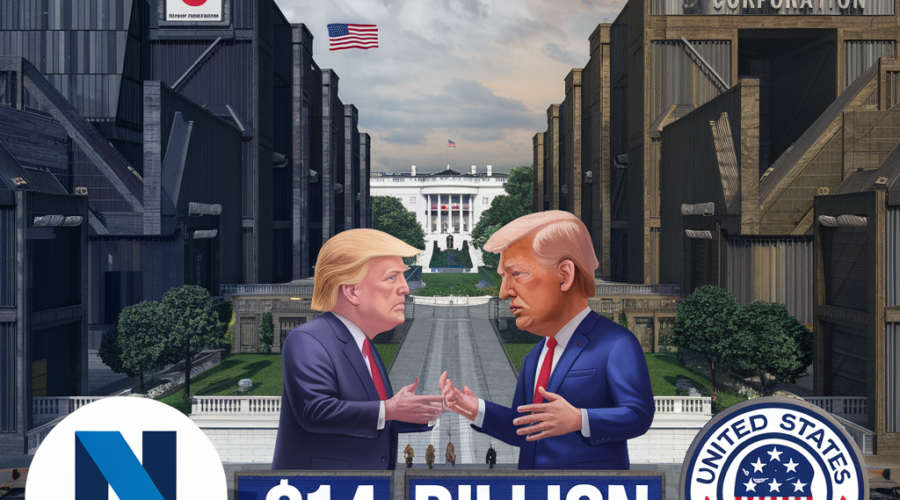- Strategic Expansion: Nippon Steel’s $14 billion acquisition of U.S. Steel aims to strengthen its presence in the American market and enhance global competitiveness.
- Political Resistance: Despite approval from CFIUS, the deal faces opposition from President Trump and the Biden administration over national security concerns and potential job losses.
- Industry Impact: The combined entity would become the third-largest steel producer globally, giving it significant control over a crucial input for industries like electric vehicle manufacturing.
- Regulatory Scrutiny: Historical precedents, such as ArcelorMittal’s acquisition of U.S. Steel, highlight the intense regulatory scrutiny M&A deals in the steel industry often face.
- Geopolitical Tensions: The acquisition reflects broader geopolitical tensions surrounding foreign investments in U.S. manufacturing and the Trump administration’s isolationist policies.
- Market Volatility: If blocked, the deal could deter future foreign investments in the U.S. steel industry, potentially leading to market instability and stakeholder confidence issues.
- Expert Insights: Industry experts argue the combined firm would reshape the U.S. steel market, while skeptics claim no obvious national security risks exist.
- Strategic Maneuvering: Nippon Steel remains optimistic about finalizing the acquisition by year-end, emphasizing the potential for “constructive discussions” to resolve political hurdles.
- Global Footprint: The acquisition aligns with Nippon Steel’s long-term strategy of expanding its global operations, particularly in the post-COVID-19 era.
- Future Outlook: The outcome will significantly impact the global steel industry, setting precedents for how foreign investments in U.S. manufacturing are perceived and regulated.
Nippon Steel Navigates Political Storm in $14B US Steel Deal





